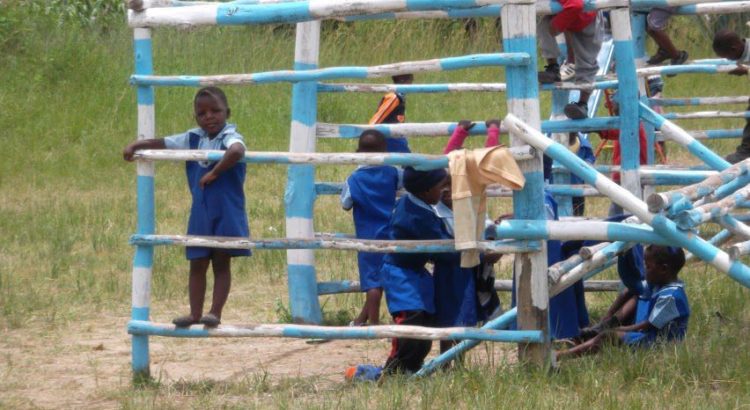Africa- Zimbabwe/30 may 2017/
Funding to keep education available to everyone can be the difference between children growing to be successful adults or a “lost generation,” the head of an African non-profit organization said.
Patrick Makokoro, founder and executive director of the Nhaka Foundation, said his own lack of early childhood education in Zimbabwe left him behind the curve in his later education.
He went on to complete elementary and high school and received a bachelor’s degree in social and human studies from the University of South Africa and a post-graduate diploma in early childhood development from the University of Victoria, but he still sometimes gets colors mixed up because he didn’t have the early foundations.
“Growing up my father always used to say, ‘education is the key to success’ and that was sufficient motivation for me to always look at attaining a level of education that would bring about that success,” he said.
But he is fearful for what he calls a generation of lost kids, an enormous portion of whom were unable to attend school between 2008 and 2011 in Zimbabwe because of a lack of government funding for education.
In an interview May 15, Makokoro emphasized the consequences of whether children receive early childhood education. He said students in Zimbabwe who enter elementary school with the foundations provided by preschool are much more likely to finish elementary and high school.
The alternatives to school, Makokoro said, range from peddling eggs on the street to thieving, which often progresses to worse behavior with age.
Makokoro is working with members of RESULTS to advocate for replenishment of the Global Partnership for Education fund, which works with more than 60 developing nations on education.
He said the GPE works with national governments and civil society organizations to ensure funding for national education plans.
“In Zimbabwe a key part of GPE funding went towards the development of Education Sector Strategic Plan that has now become the operational document for the Ministry of Primary and Secondary Education,” Makokoro said. “Along with the strategic plan an education curriculum was developed.
Makokoro listed three ways in which the support is a boon to schools:
- It allows for smooth implementation of national education plans, including development of infrastructure to improve access.
- It provides teachers with teaching aides.
- It promotes teacher practice standards, which translate into improved quality of education.
Thanks to GPE assistance, about 574,000 children in Zimbabwe were able to get access to early reading instruction, Makokoro said.
Colin Smith with RESULTS said the goal is to get countries to commit $3.1 billion to the GPE over the next three years. Historically the United States has been the 10th largest contributor to the GPE, he said.
Noah Trapp, a member of the RESULTS student chapter at Kansas State University from Ellsworth, said he got to see the importance of education in developing nations while teaching math and reading for a summer in the Dominican Republic.
“I had read the USAID studies that revealed how most children in the country only actively learn for a little more than two hours per day, but meeting a 16-year-old who can’t spell their name was a tragic experience that really brought educational inequality into perspective,” Trapp said.
School, he said, is vital for teaching more than reading, writing and arithmetic. It also is important for teaching life skills. For instance, he said the incidence of teen pregnancy in the Dominican Republic is dramatically lower among teens who are in school.
Source:
http://www.hutchnews.com/news/national_world_news/african-foundation-leader-advocating-for-international-education-aid/article_e55154dd-b7b3-5d74-b98d-7303795788a0.html






 Users Today : 69
Users Today : 69 Total Users : 35404336
Total Users : 35404336 Views Today : 85
Views Today : 85 Total views : 3333859
Total views : 3333859